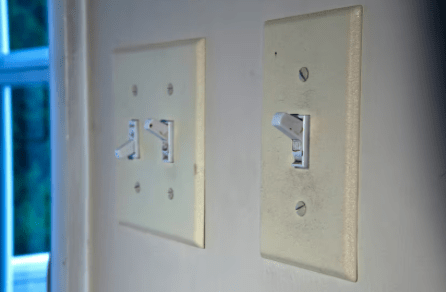April 7, Michael L. Davis, economics professor at the Cox School of Business, SMU Dallas, for a piece contemplating how to teach the next generation the value of money. Published in the Dallas Morning News under the heading Teaching the value of money to kids … dad seeks advice: https://tinyurl.com/7jcwr77r
Great! Now I have one more thing to worry about. In addition to teaching my kid about social media, cyber-bullying, artificial intelligence and a bunch of other stuff I don’t fully understand, I also have to teach her about light switches.
My parents had it easy. They had a simple rule: if the light was on, turn it off. I’ve recently learned that rule is no longer necessary. Thanks to the LED light — a technological breakthrough that is much, much more important than, say, TikTok — my kid can leave the bathroom light on all day if she wants.
Continue reading “Teaching the value of money to kids … dad seeks advice”











